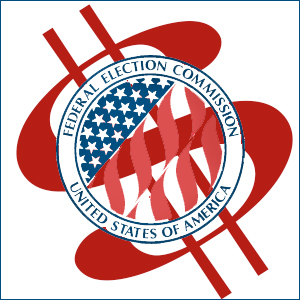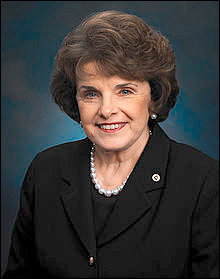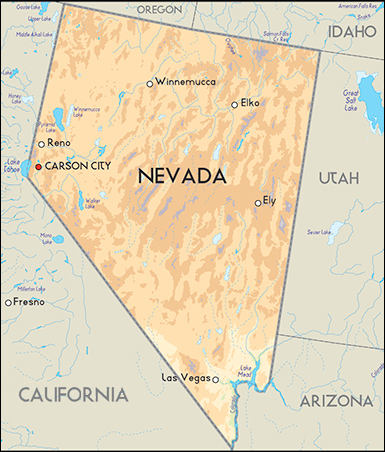By Jim Ellis
 Oct. 22, 2018 — As we move close to Election Day, it is becoming clearer that the Republicans will maintain control of the US Senate and likely expand their small majority from one to three, and maybe even four, seats.
Oct. 22, 2018 — As we move close to Election Day, it is becoming clearer that the Republicans will maintain control of the US Senate and likely expand their small majority from one to three, and maybe even four, seats.
At this writing, it appears that Sen. Heidi Heitkamp (D-ND) will lose to at-large Rep. Kevin Cramer (R-Bismarck). If so, the GOP would gain one, assuming they hold their three vulnerable states.
Democrats appear as locks to hold Michigan, Ohio, Pennsylvania, and Wisconsin. Though polling suggests tightening races, Democrats will more than likely hold the Minnesota special election, and the races in Montana, New Jersey, and West Virginia, while Republicans probably win the tight Texas campaign. In the Mississippi special election, it is expected that a Republican and Democratic candidate will advance to a run-off election on Nov. 27.
Assuming the previous analysis is correct, then the six most competitive Senate states will determine the Senate’s balance of power. Furthermore, if the aforementioned is accurate it would mean the Democrats’ only chance to win the majority would be to sweep the following half-dozen campaigns.
The list below provides the October published polling data for each of the toss-up campaigns:
ARIZONA
Change Research (for the David Garcia for Governor campaign), Oct. 9-10; 783 likely voters:
Rep. Martha McSally (R) 48%
Rep. Kyrsten Sinema (D) 48%
CBS News/YouGov (Oct. 2-5; 898 likely voters)
Rep. Kyrsten Sinema (D) 47%
Rep. Martha McSally (R) 44%
OH Predictive Insights (Oct. 1-2; 600 likely voters)
Rep. Martha McSally (R) 47%
Rep. Kyrsten Sinema (D) 41%
Fox News (Sept. 29-Oct. 2; 716 likely voters)
Rep. Kyrsten Sinema (D) 47%
Rep. Martha McSally (R) 45%
Vox Populi (Sept. 29-Oct. 1; 702 likely voters)
Rep. Martha McSally (R) 45%
Rep. Kyrsten Sinema (D) 42%
FLORIDA
St. Pete Polls (Oct. 15-16; 1,974 likely voters via interactive voice response system):
Gov. Rick Scott (R) 49%
Sen. Bill Nelson (D) 47%









